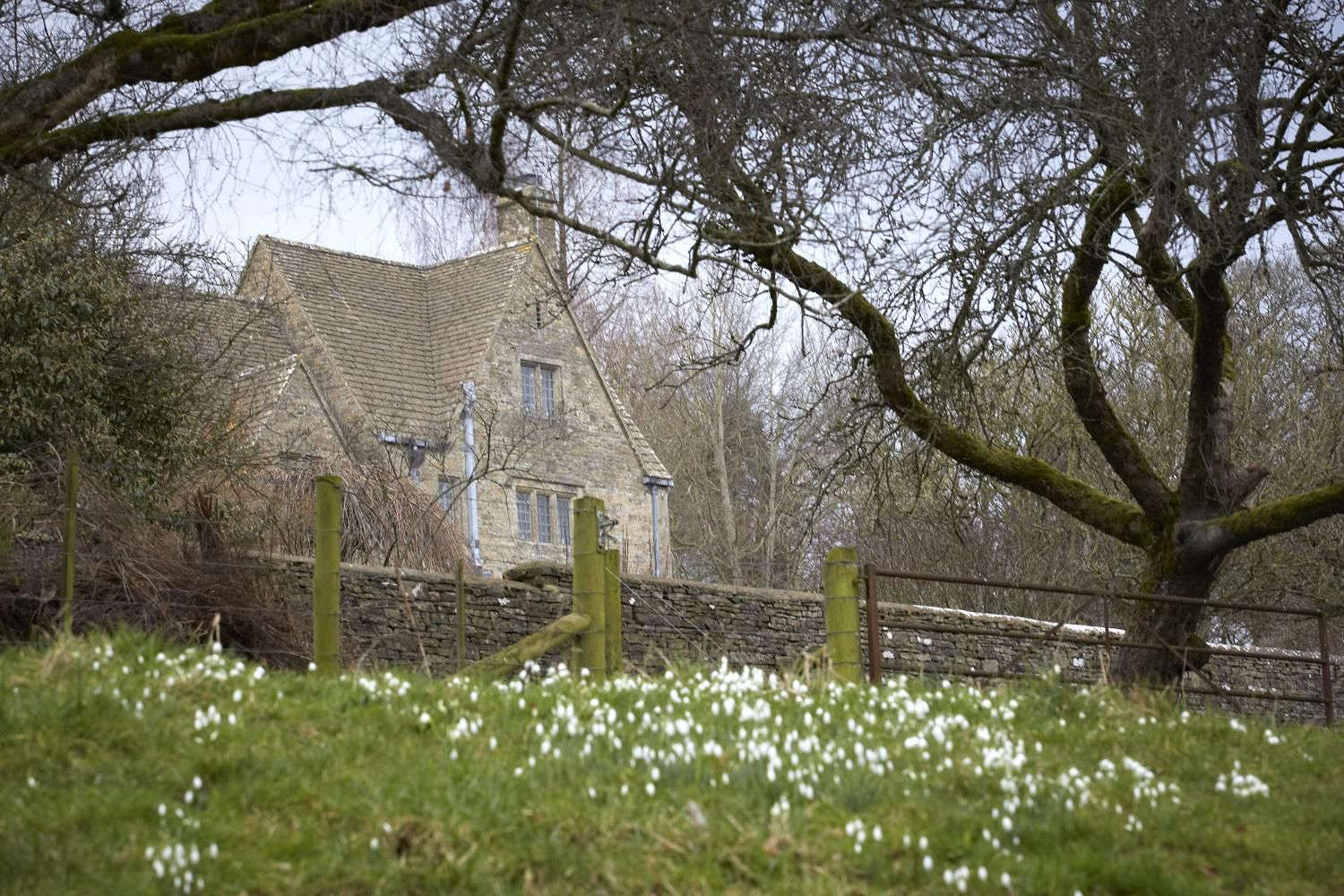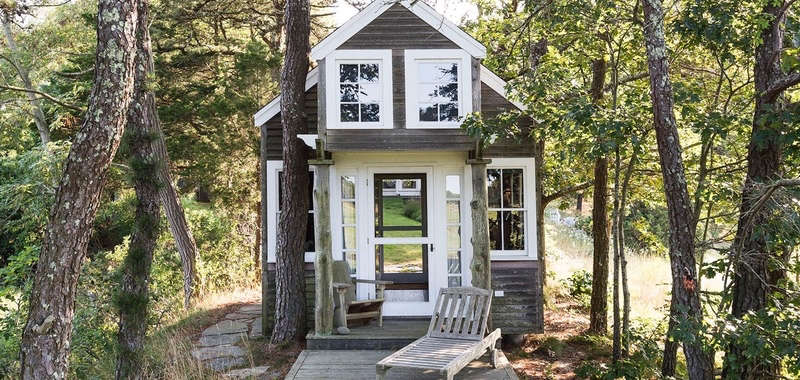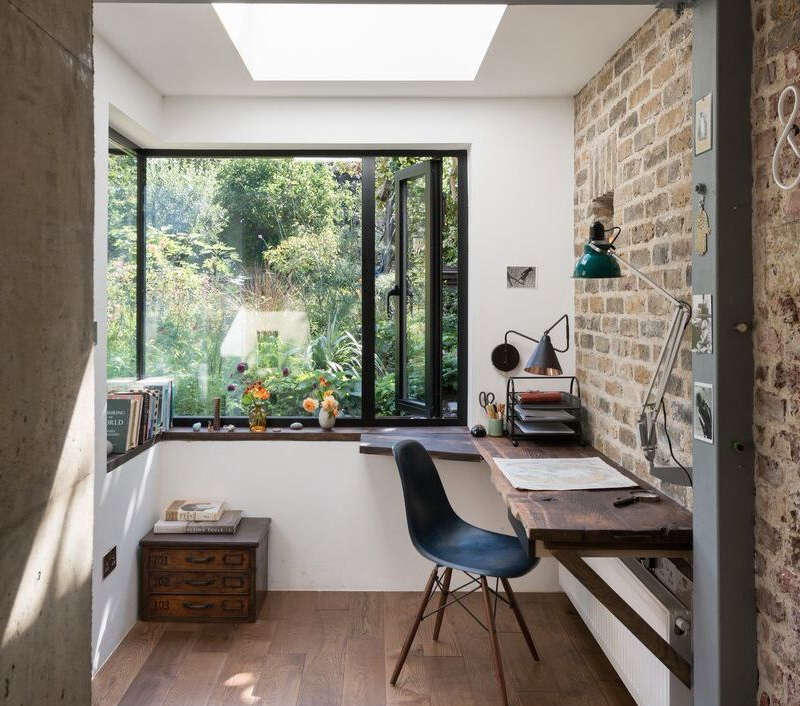Joel and Diane Schatz have photos (circa 1927) of their Mill Valley, California, house that show a garden party in progress under a great canopy of wisteria, with guests in party hats posed against a backdrop of pampered rhododendrons, camellias, and holly. This is not how the place looked the first time the Schatzes saw it 75 years later.
"It was a wreck," Mr. Schatz recalled the other day. The "lawn" consisted of hard-packed clay covered in cat droppings, the rhododendrons were strangled by overgrown vines, and the redwood house—subdivided into five apartments after World War II—was a mess. The Schatzes took one look and bought the place on the spot.
(N.B.: Want to see more of our favorite photos? See what we're pinning and then follow us on Pinterest here.)
Photographs by Marla Aufmuth for Gardenista.

Above: The Schatzes rebuilt the house—and the garden, with the help of San Anselmo, California-based garden designer Jan Gross of Heritage Landscapes.
For the story of a grand garden nearly destroyed by a mudslide, see "A Survivor: A Grand Seaside Garden in Tiburon."

Above: The effect of mixing different textures and leaf colors is to create a serene retreat. Photographer Marla Aufmuth got stuck in traffic and rushed through the gate 30 minutes late; her first words were, "Well, at least I arrived in paradise."
For a sprawling kitchen garden designed to accommodate gardeners in wheelchairs, see "A Garden With No Obstacles."

Above: What prompted the Schatzes to take on such a huge project? The 5,000-square-foot house did have a few things going for it. Like many of the earliest homes built in Mill Valley, which got its start as a summer retreat for San Franciscans, it is situated on a gentle ridge a few hundred feet above a picturesque downtown square. The house has dead-on views of Mt. Tamalpais, in whose shadow the town was built. And underneath the tangle of undergrowth, the Schatzes suspected, there might lie the bones of a magnificent garden.

Above: They were right. The property is ringed by towering redwood trees; as the sun moves overhead, a mix of light and shadow create vignettes of color and texture throughout the garden.

The first steps Ms. Gross took were to amend and enrich the soil, which also aided drainage, and to rescue through judicious pruning established plants, including century-old rhododendrons (above), camellias, and wisteria vines. Shaping the old shrubs into "trees," she created "trunks" and culled the branches to allow air and light to circulate.

Above: All the windows, doors, and shingles on the house are from a single reclaimed redwood tree from Mendocino County. On a slope near the house, Ms. Gross planted mondo grass, baby tears, and one of many Japanese maple trees whose leaves punctuate the garden with a dramatic burst of color.

Above: A weeping cedar grows against the house. The one-acre private garden, open to visitors last month during a convention of the Association of Professional Landscape Designers, is on the largest lot in downtown Mill Valley. The original owner, a congregational minister, dubbed the property "Crown Point," a name the Schatzes still use.

Above: A hundred-year-old holly true was pruned from within to retain its shape while allowing air and light to circulate. For a shade garden planting scheme, see Design Sleuth: The Ultimate Shade Garden.

Above: A patio area gets mid-day sun.

Above: A creek runs through the property.

Above: Ms. Gross routed the stream to lead to a fish pond and lined the path with ferns and plants with tropical foliage to enhance the property's natural feeling of being in a jungle.
(N.B.: For more, see 217 images of Shade Gardens in our Gallery of rooms and spaces.)




Have a Question or Comment About This Post?
Join the conversation (0)